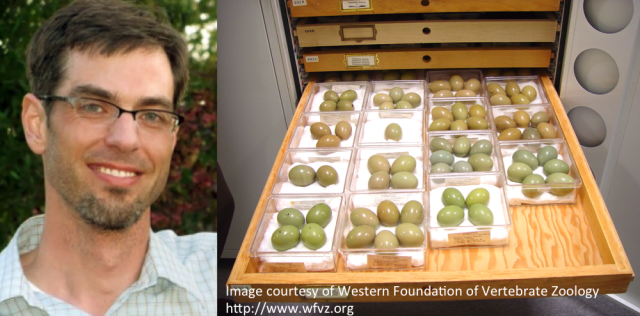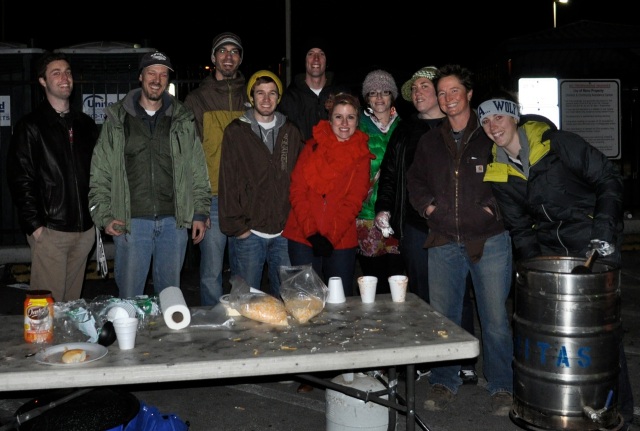We are seeking up to two 2-month summer field technicians (with funding beginning mid-June 2013) to assist in research related to American pikas, alpine ecosystems, and landscape climatology. The technicians will work in a team to travel to remote locations in Nevada and Oregon to retrieve, replace, and re-deploy microclimatic sensors and record observations of field conditions. Applications preferred by Friday 31 May but if you missed that, send it in anyway!
For more detailed info, see below:
Field research/technician opportunity
We are seeking up to two 2-month summer field technicians (with funding beginning mid-June 2013) to assist in research related to American pikas, alpine ecosystems, and landscape climatology. The technicians will work in a team to travel to remote locations in Nevada and Oregon to retrieve, replace, and re-deploy microclimatic sensors and record observations of field conditions. Although breathtakingly scenic, accessing these locations is physically demanding, often requiring sustained hiking in remote, rocky, high-elevation locations. Work will involve driving in a 4WD vehicle for up to tens of miles on unmarked dirt roads per day and then day-hiking or backpacking (often without a marked trail) to locations 1-12 miles from the vehicle, and arriving at exact sensor locations, which can be up to 900 m in elevation above the vehicle. Equipment and instruction in field techniques and safety practices will be provided. The technicians will be based in the Laboratory for Conservation Biogeography at the University of Nevada, Reno, and work with Erik Beever (U.S. Geological Survey) and other collaborators. There may be opportunities to continue involvement with this and related research.
Please see qualifications below and, if interested, provide 1) a resume, 2) a cover letter addressing these qualifications and your ‘fit’ to the position, and 3) contact information for three or more individuals who can verify your qualifications. Please send the materials (subject: “UNR field tech”) or any questions to Thomas Albright ( talbright [at] unr.edu; 775-784-6673). Materials will be continuously accepted, but responses are encouraged by 31 May 2013.
Requirements:
– Ability to hike on rockslides with a medium to moderately heavy backpack in rugged, high-elevation areas.
– Familiar with navigation by maps, compass, and GPS
– Comfortable working and camping in remote backcountry locations; solid decision-making in these contexts
– Critical-thinking skills, attention to detail, and positive attitude
– Valid U.S. driver’s license with good driving record.
Desirable qualifications:
– Experience in collection of field data and identification of Great Basin plant species
– Interest in ecology, wildlife, climate, physical geography, and scientific research
– GIS, remote sensing, and statistics for applicants interested in research






